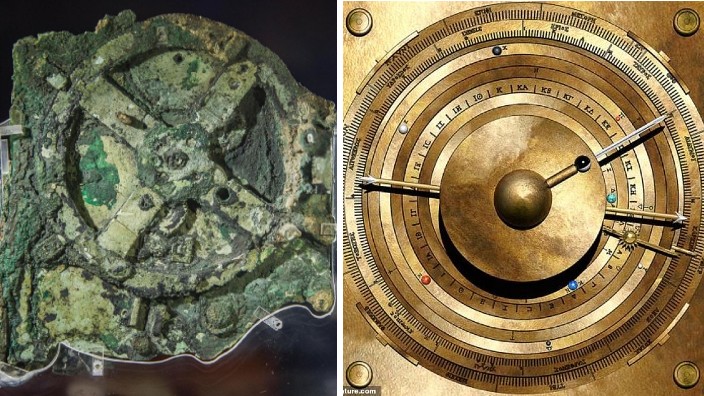
Armchair Political Expert | Ancient Philosophy Explorer | Western Culture Enjoyer | The measure of a man is what he does with power
How to get URL link on X (Twitter) App


 Also known as the Immigration and Nationality act of 1965.
Also known as the Immigration and Nationality act of 1965. 

 “One of the penalties for refusing to participate in politics is that you end up being governed by your inferiors.”
“One of the penalties for refusing to participate in politics is that you end up being governed by your inferiors.” 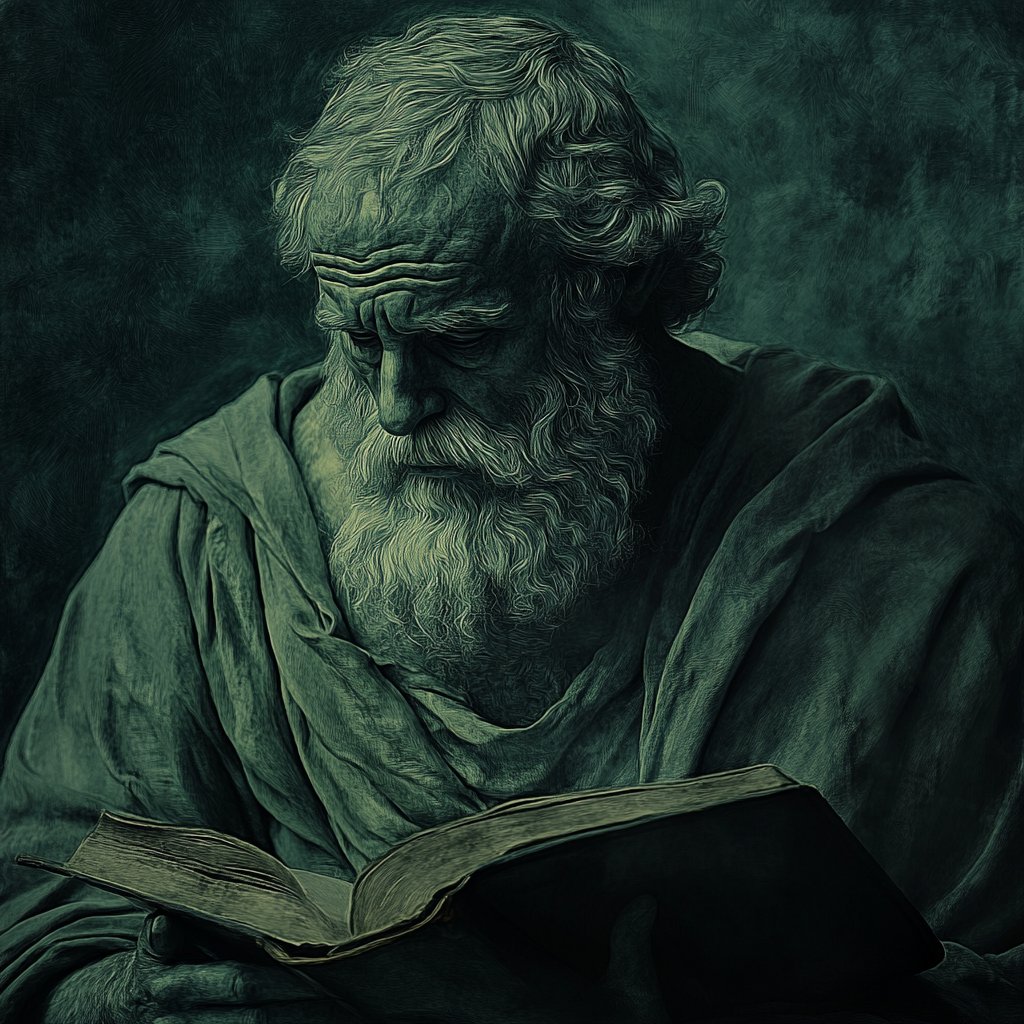
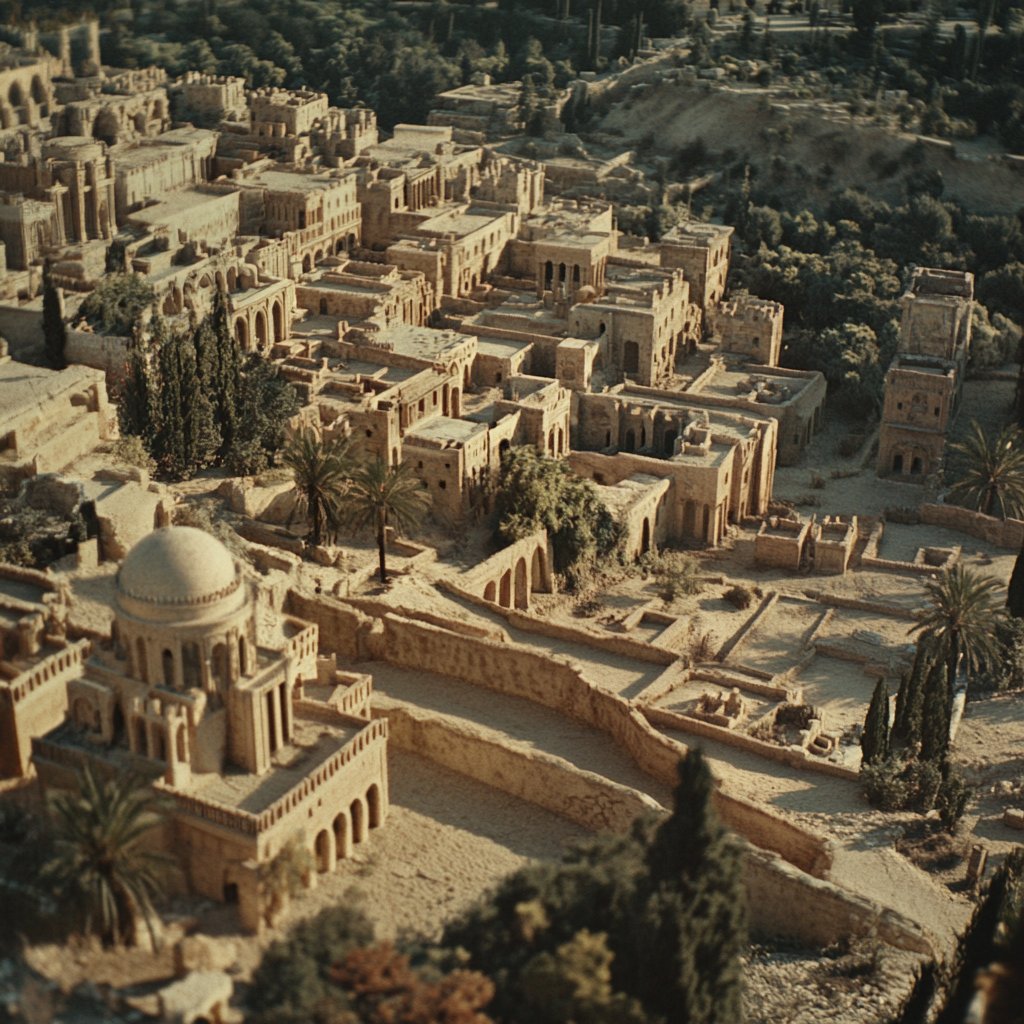
 Have you ever wondered how a small, coastal people could have such an outsized impact on the course of history?
Have you ever wondered how a small, coastal people could have such an outsized impact on the course of history?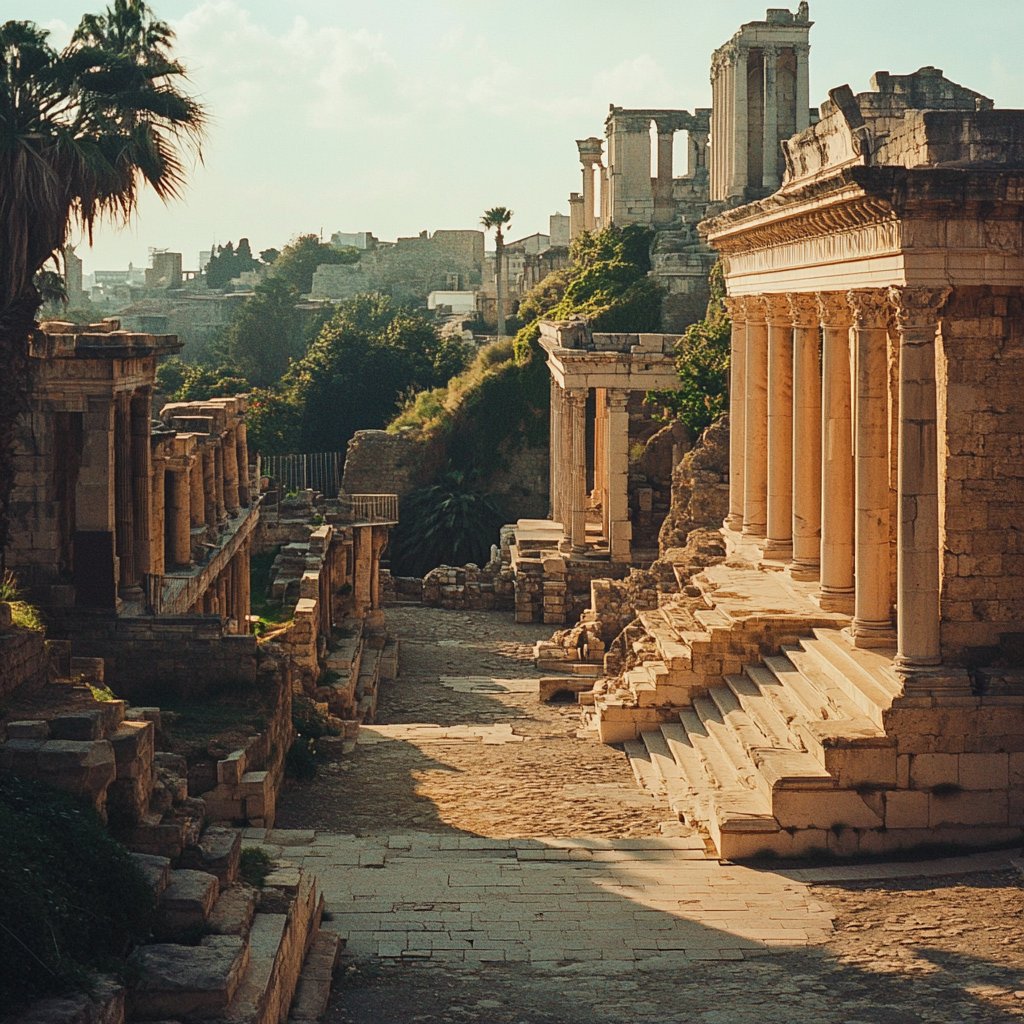

 The Divine and Mortal Origins of Romulus and Remus
The Divine and Mortal Origins of Romulus and Remus
 To understand the origins of writing, we must travel back to ancient Sumer, located in the southern part of modern-day Iraq. Sumer was home to the world’s first real cities; large, complex urban centers with tens of thousands of inhabitants. These cities were not merely large villages but city-states, each with its own governance, economy, and culture. The city-states of Sumer were unified by the worship of specific gods, and the temples dedicated to these gods played a central role in both the religious and economic life of the cities.
To understand the origins of writing, we must travel back to ancient Sumer, located in the southern part of modern-day Iraq. Sumer was home to the world’s first real cities; large, complex urban centers with tens of thousands of inhabitants. These cities were not merely large villages but city-states, each with its own governance, economy, and culture. The city-states of Sumer were unified by the worship of specific gods, and the temples dedicated to these gods played a central role in both the religious and economic life of the cities.
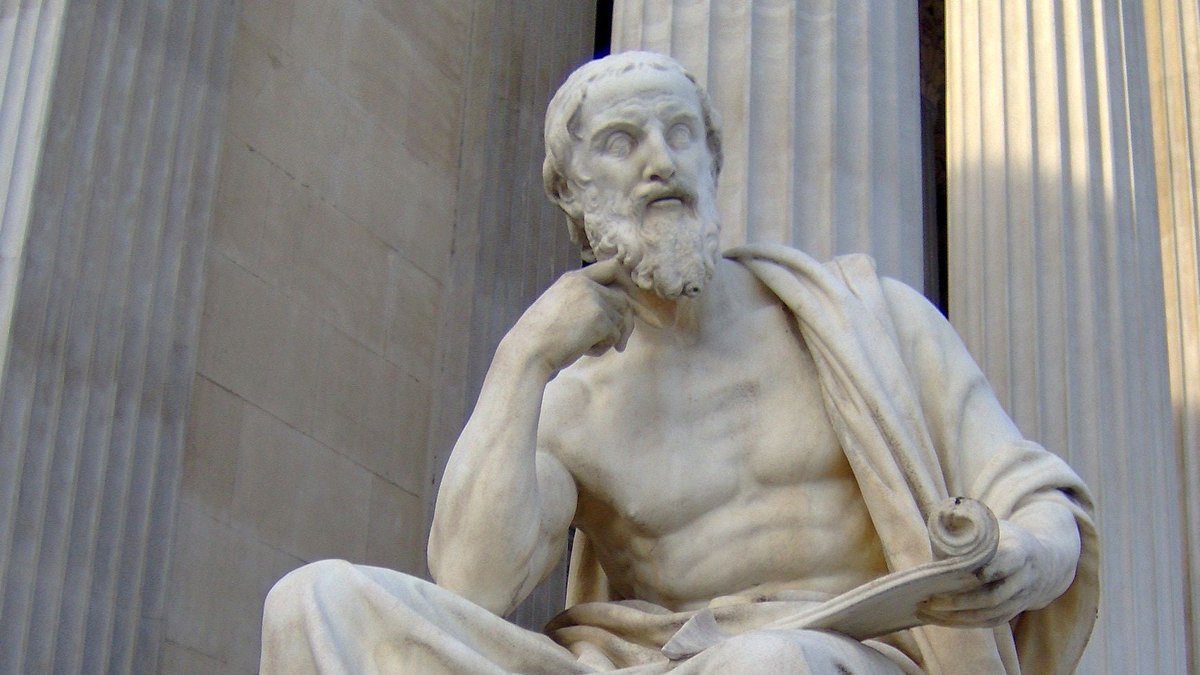
 The Storyteller Who Became History’s Father
The Storyteller Who Became History’s Father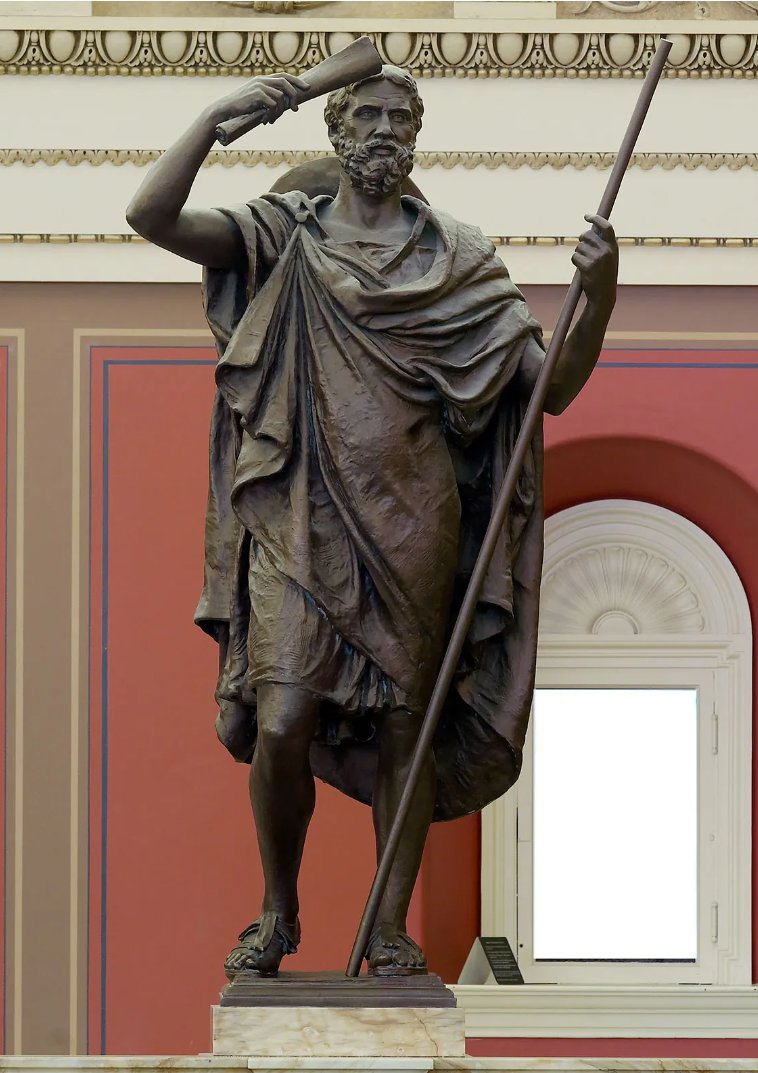
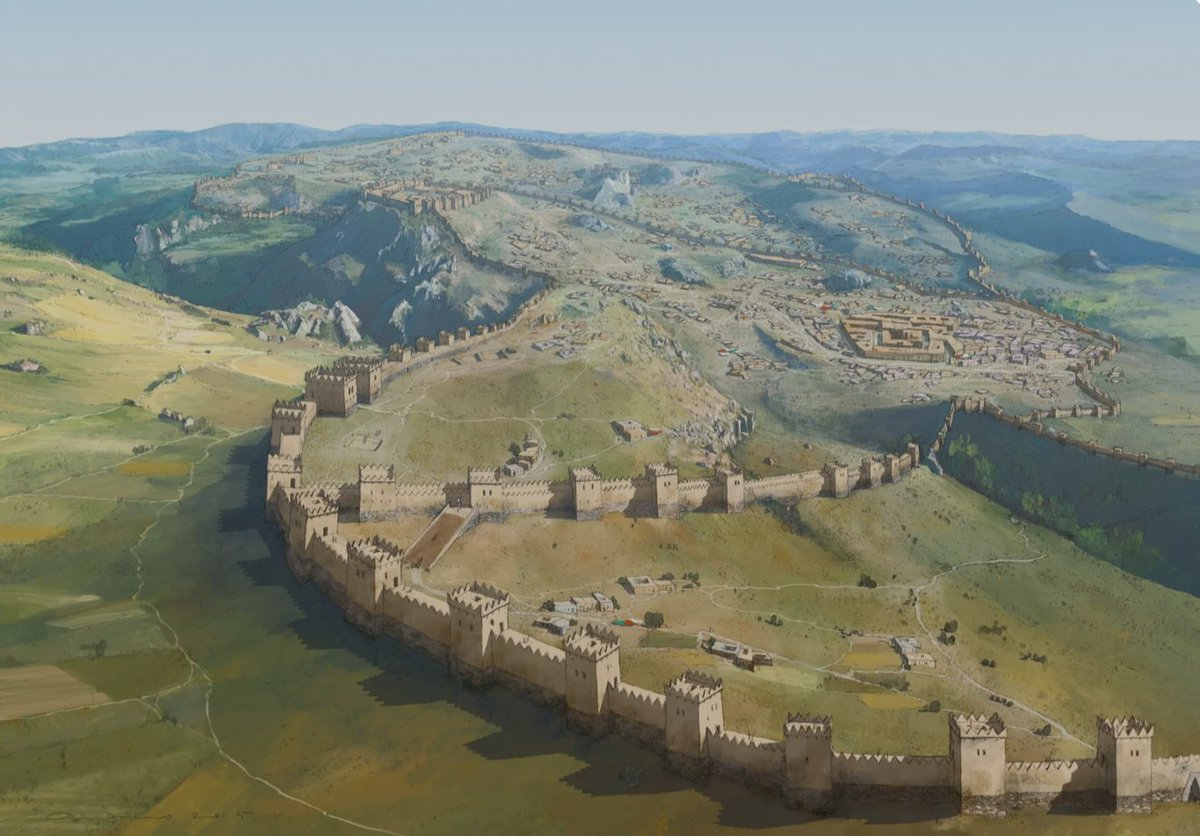
 The Origins: From Hatti to Hittite
The Origins: From Hatti to Hittite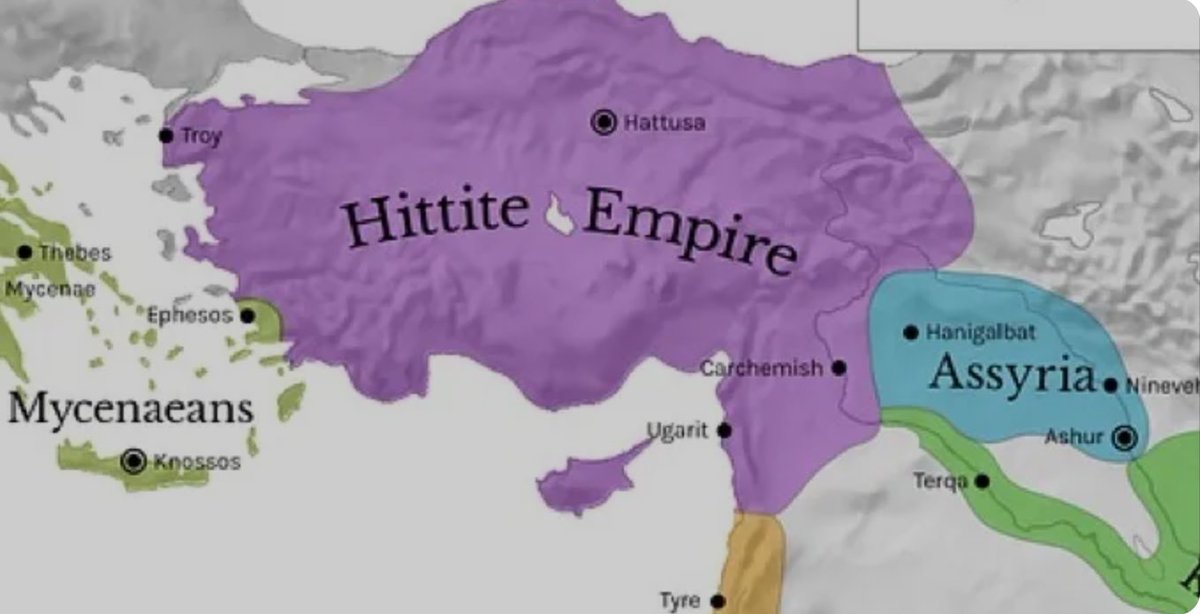

 The Hero's Journey
The Hero's Journey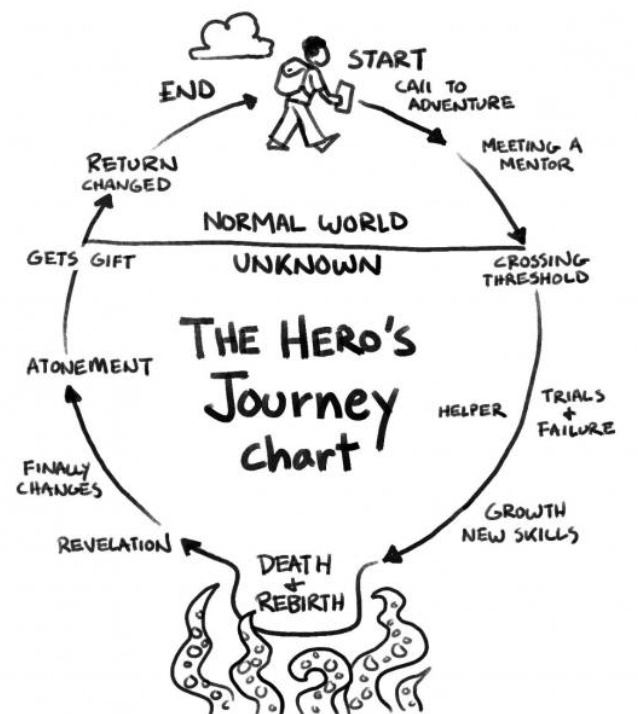
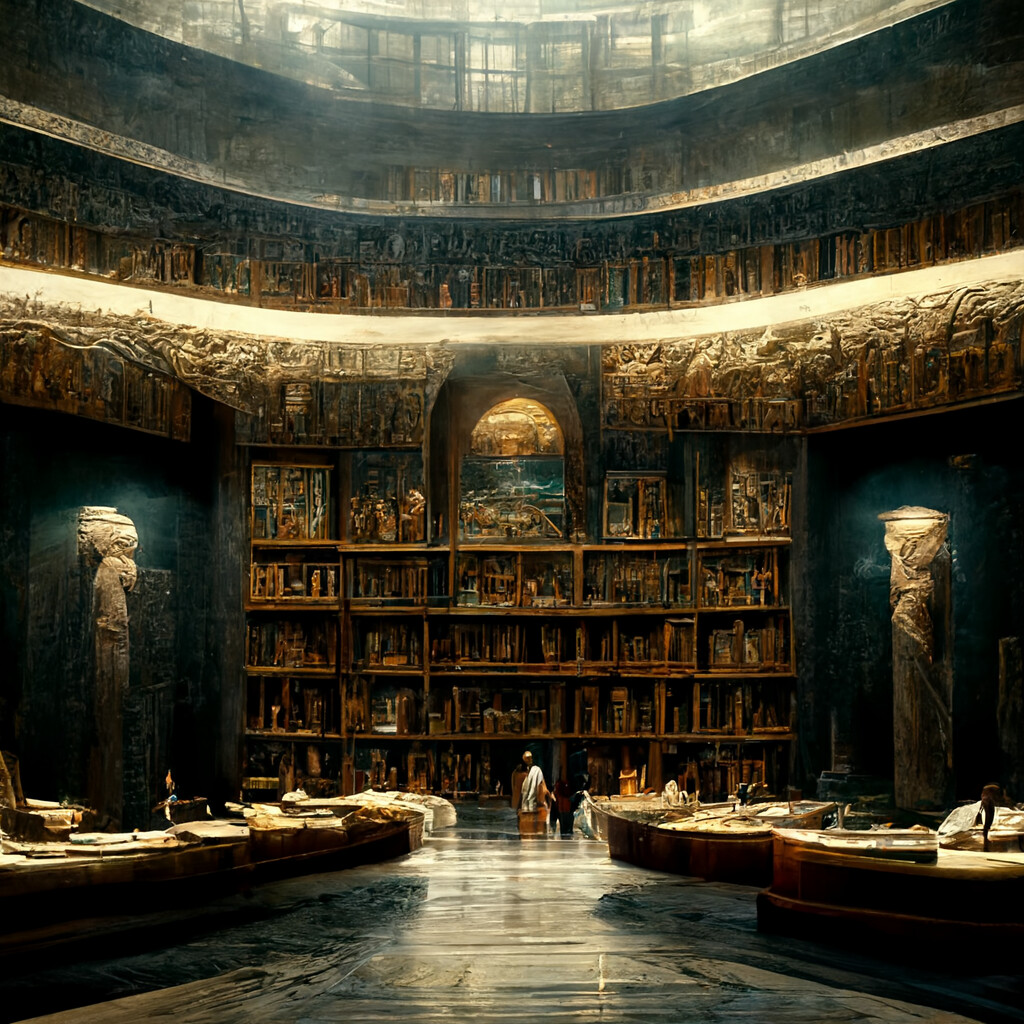
 𝐓𝐡𝐞 𝐋𝐢𝐛𝐫𝐚𝐫𝐲 𝐨𝐟 𝐀𝐬𝐡𝐮𝐫𝐛𝐚𝐧𝐢𝐩𝐚𝐥, 𝐈𝐫𝐚𝐪
𝐓𝐡𝐞 𝐋𝐢𝐛𝐫𝐚𝐫𝐲 𝐨𝐟 𝐀𝐬𝐡𝐮𝐫𝐛𝐚𝐧𝐢𝐩𝐚𝐥, 𝐈𝐫𝐚𝐪
